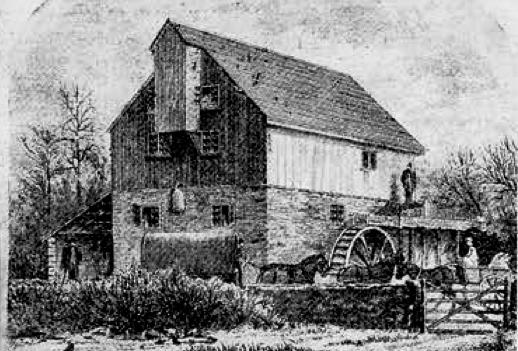Launch of the Pellew
Truro School before running away to sea aged 14. He worked his way up the ranks of the Royal Navy, saw lots of active service and is regarded as one of the most able frigate captains of all time.
At the Rhoda Mary Trust’s shipyard in Newham, something quite remarkable has been taking shape. Historically, Newham, on the bank of the Truro River, is a place where many wooden sailing ships were built, but none have been launched from there for a 100 years or more.
In Newham, a small team of experienced shipwrights, aided by shipbuilding apprentices have worked tirelessly to build this fully authentic Falmouth Pilot Cutter. It’s a beautiful vessel, and a privilege to have observed it being built - a fantastic feat of engineering and traditional shipbuilding, as well as a historically significant milestone for the City of Truro. While built to a traditional design to exactly replicate the working pilot vessel Vincent, it will benefit from the latest electronic safety and navigation systems required to meet international maritime standards.
All that is about to change thanks to The Falmouth Pilot Cutter CIC, a non-profit community interest company, who aim to resurrect a legendary Falmouth Pilot Cutter, and in the process rekindle wooden shipbuilding in Cornwall. They challenged themselves to recreate one of the best-documented of the cutters, the Vincent, from St Mawes, built in 1852 and which worked around these waters for 70 years.
The Pellew is due to be launched (by crane) at approximately 9 am (high water) on Saturday 29th February. After fitting out the mast, spars and bowsprit etc, the Pellew will remain based in Truro, operated by Working Sails Ltd. The vessel will be chartered and crew places for planned voyages are now available via www.workingsail.co.uk.
Less than three years ago, the first of the enormous timbers were cut and shaped to make the keel of this new vessel. It has a length of 68 ft (20.7m), a beam of 18 ft with a displacement weight of 70-tons. The new vessel is to be named the Pellew, named after Admiral Edward Pellew who went to
20




